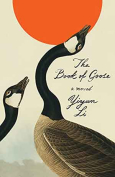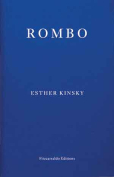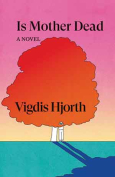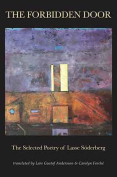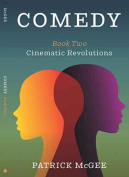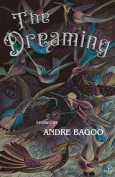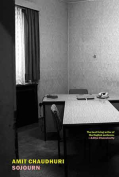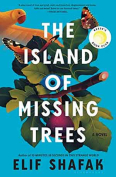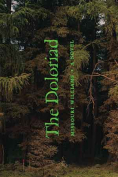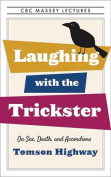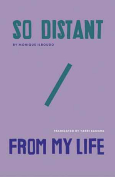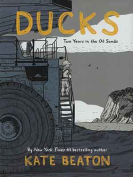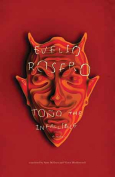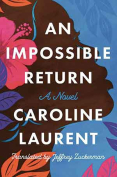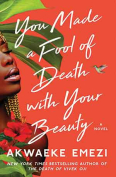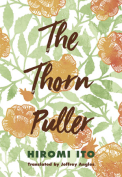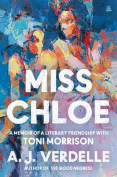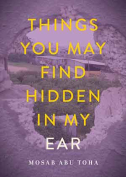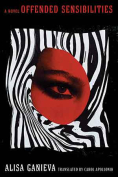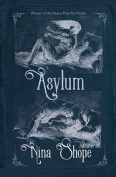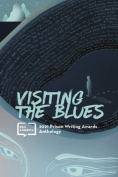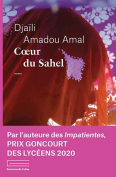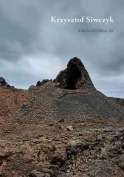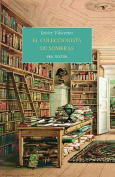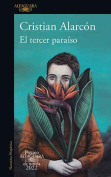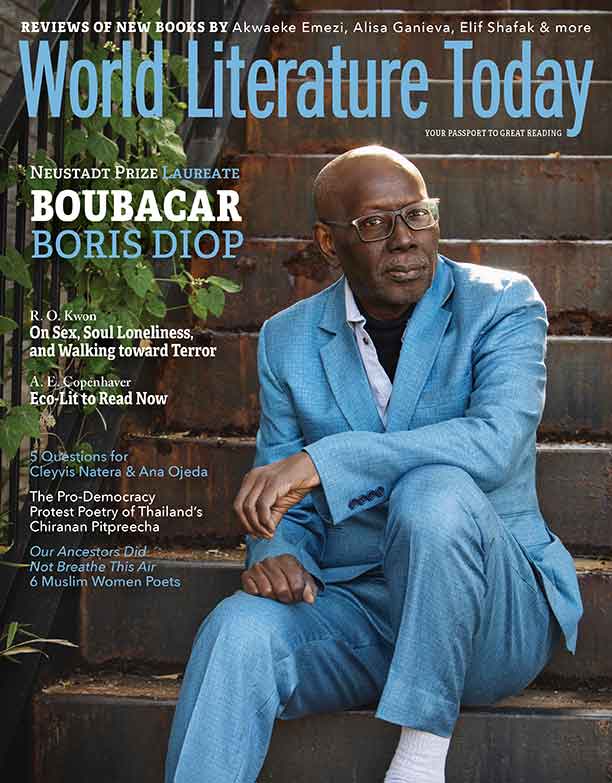Asylum by Nina Shope
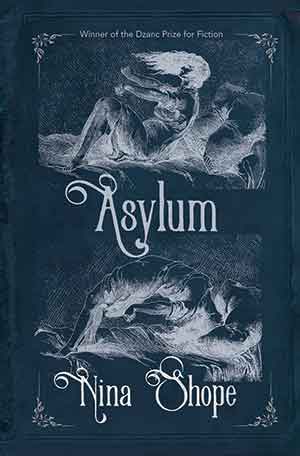 Ann Arbor, Michigan. Dzanc Books. 2022. 197 pages.
Ann Arbor, Michigan. Dzanc Books. 2022. 197 pages.
I DIDN'T “READ” Nina Shope’s debut novel, Asylum; I lived it, pulled into and almost physically held captive by this heartbreaking and mesmerizing labyrinth of a novel.
Asylum explores the historical relationship between nineteenth-century neurologist Jean-Martin Charcot and a young hysteric named Augustine. The book is set in the Salpêtrière asylum in Paris between the years of 1875 and 1893. The author’s afterword reveals that many of the techniques, quotes, and events in the book were based on the actual history of this troubled time in medical exploration.
Shope’s is thrilling writing at the intersection of prose and poetry; a fever dream of passion, trauma, and nightmare. It’s a disquieting undertaking for the reader to become entangled in the ominous relationship between doctor and hysteric/man and woman/guard and prisoner/lover and lover as it becomes something entirely new—a rarely explored shapeshifting dynamic that has as much to do with mythic underworlds as historical reality. The dizzying disintegration of the power balance begins with this challenge, spoken by Charcot during a lecture but delivered directly for Augustine’s benefit:
Hysterics offer themselves up to us like relics abandoned, you proclaim. Their bodies goods to dispose of, granted to us even in death. They entrust to us the art of preservation, restoration. And we decide how they will be remembered. If and when they will be resurrected. We, and we alone, you say, your voice low and threatening, decide whether the patient will be immortalized or left in the ground to rot.
In 2005 I wrote an article about Shope’s collection Hangings: Three Novellas. I said it blazed a new direction in writing and was “a brave, scorching leap in experimental fiction, a stunning and audacious work of lyricism, style, and astonishing grace.” It was, but in its profound torment Asylum explodes all of this onto another extraordinary level. It is a brilliant and visionary book by a brilliant and visionary writer who is grabbing hold of the fiction genre and crashing it wide open, shattering its mirror and making readers question their entire previous reading experience.
The book is hypnotically beautiful and viscerally disturbing, filled with gorgeous prose and anguishing images. In fact, I hesitated to finish the novel because I didn’t want to rush through any of the emotions to be experienced deeply, and I also didn’t want the revelatory journey to end. (Editorial note: Laura Larson’s interview about her book City of Incurable Women, based on photographs from the Salpêtrière asylum, appears in the September 2022 issue of WLT.)
Beth Hinchliffe
Wellesley, Massachusetts
When you buy a book using our Bookshop Affiliate links on this page, WLT receives a commission. Thank you for your support!
